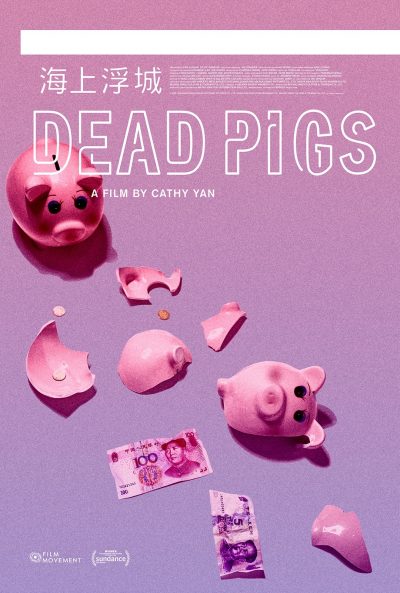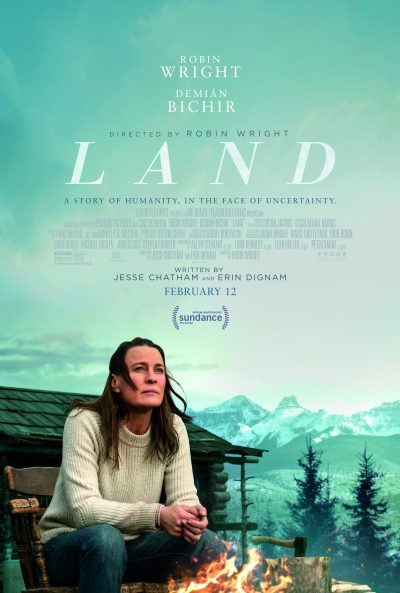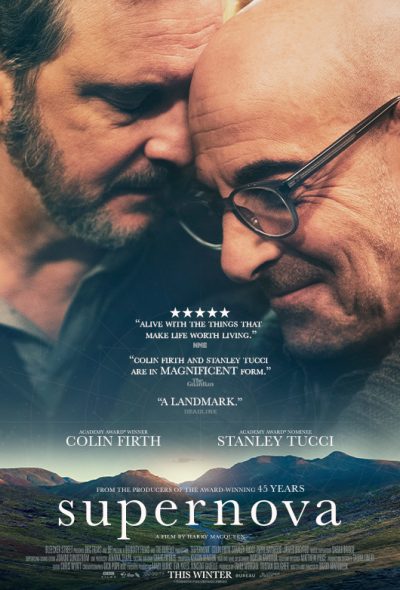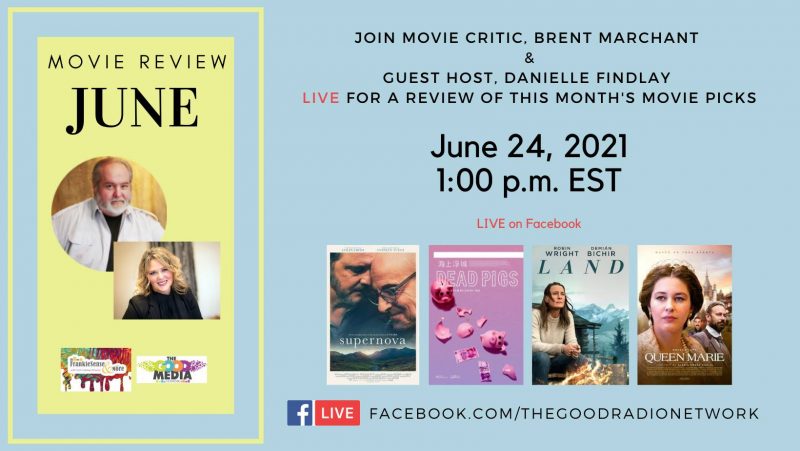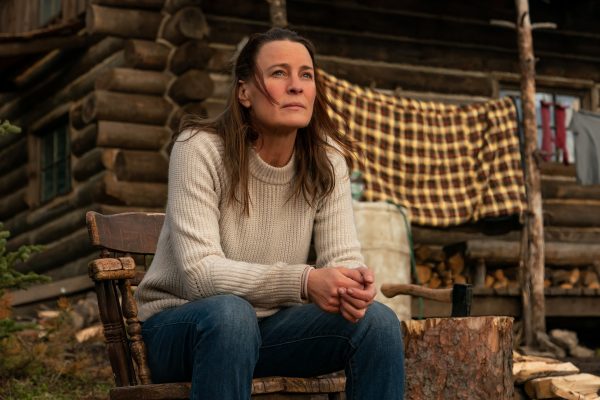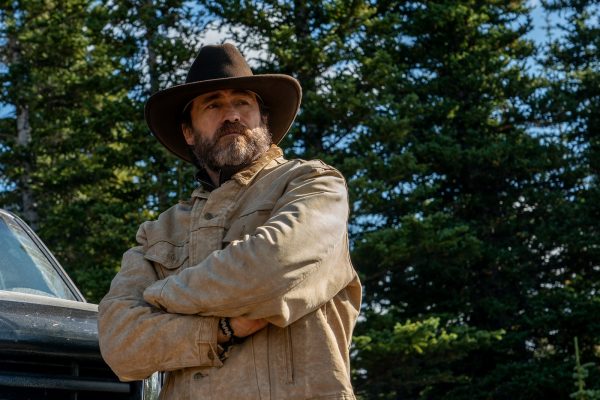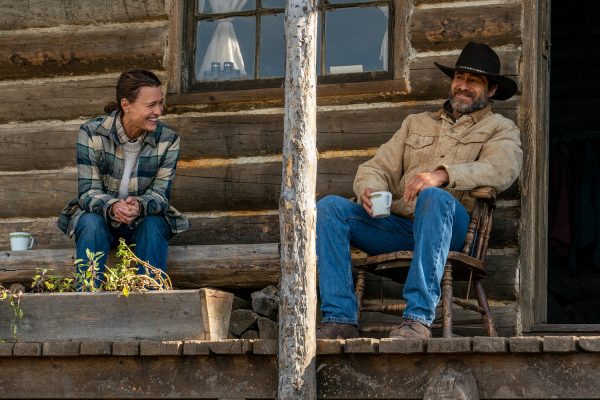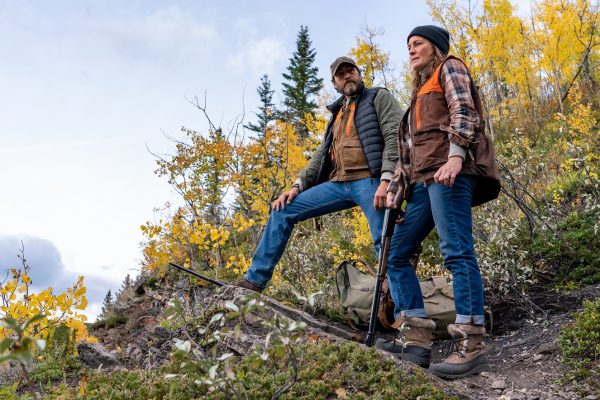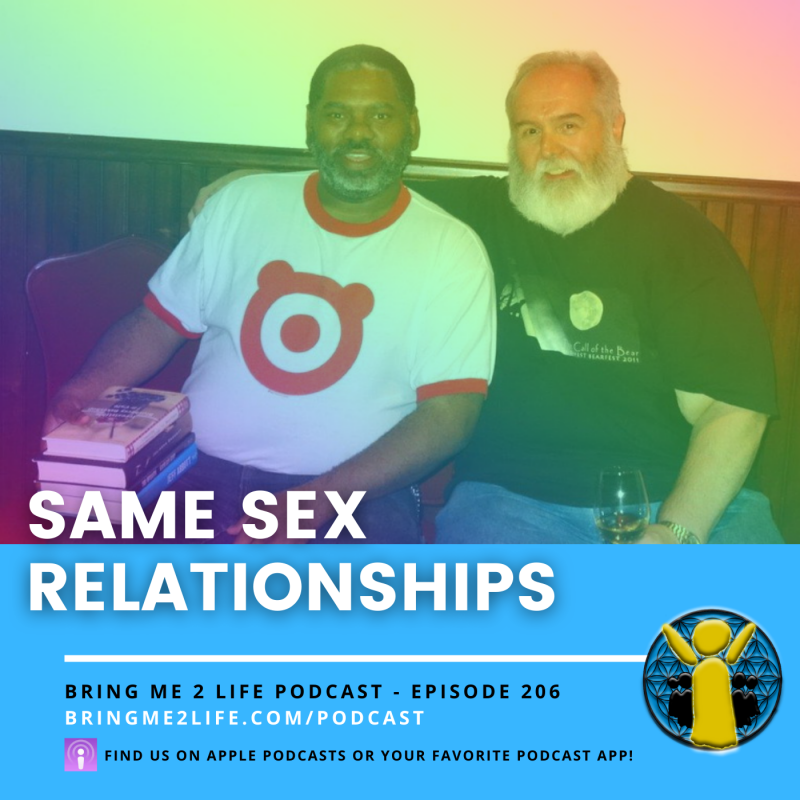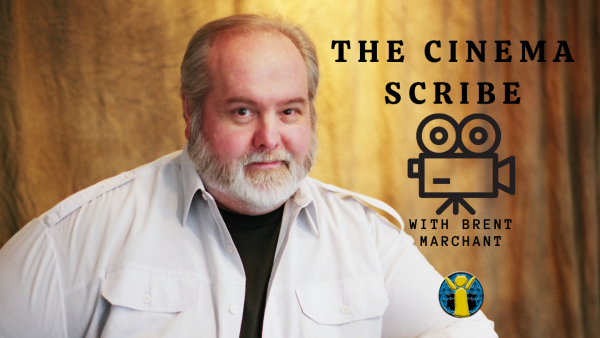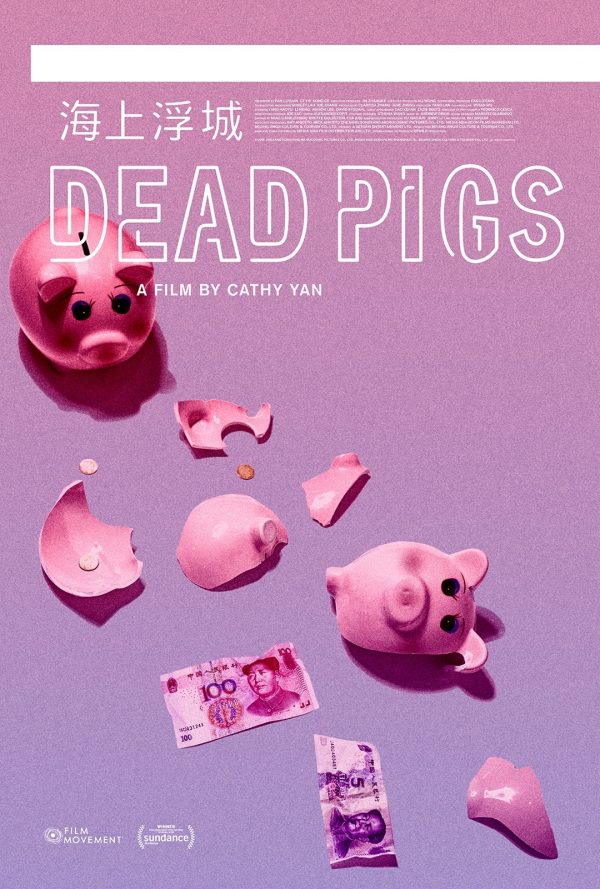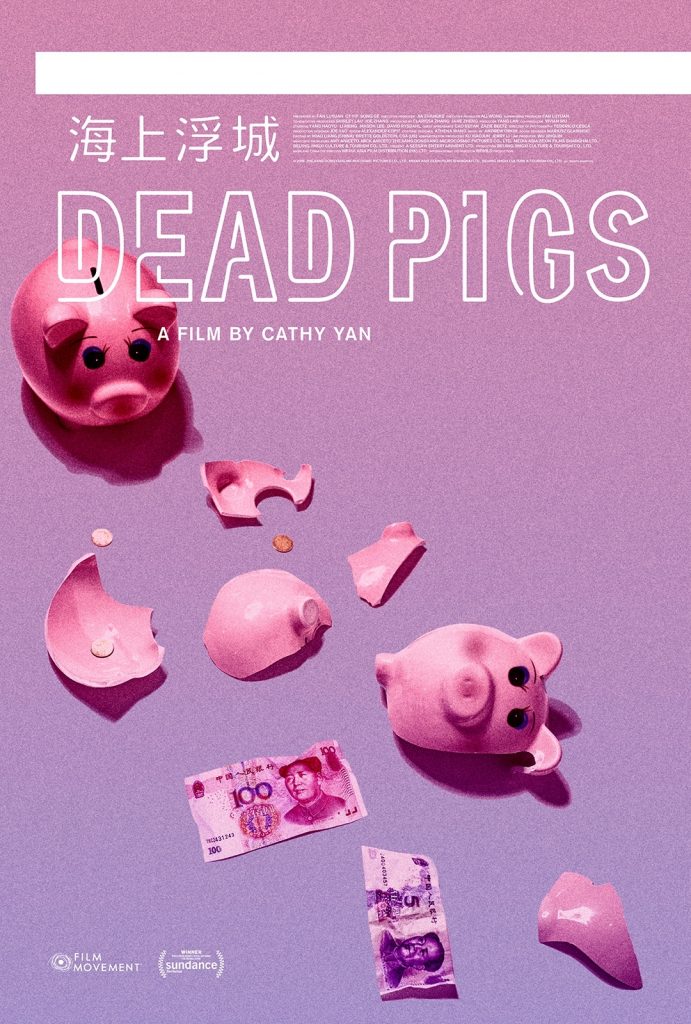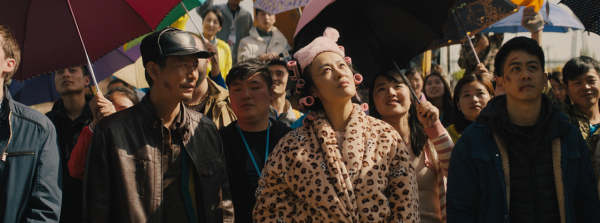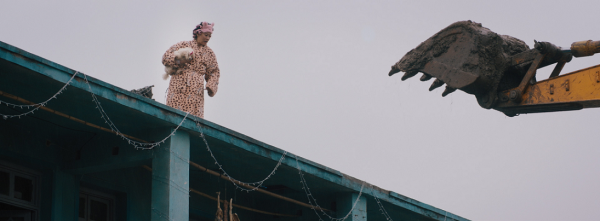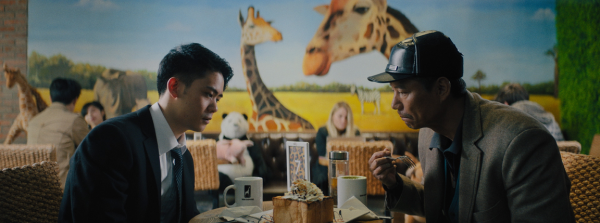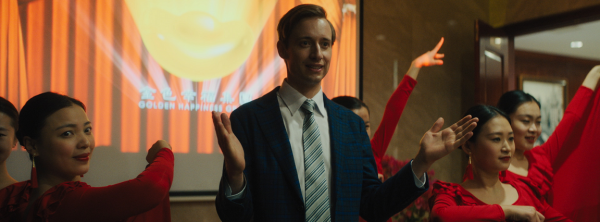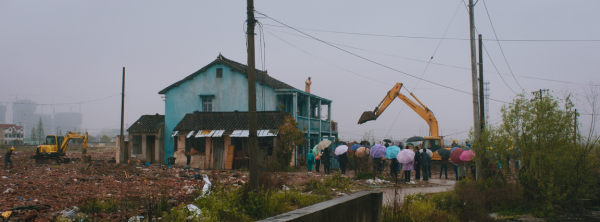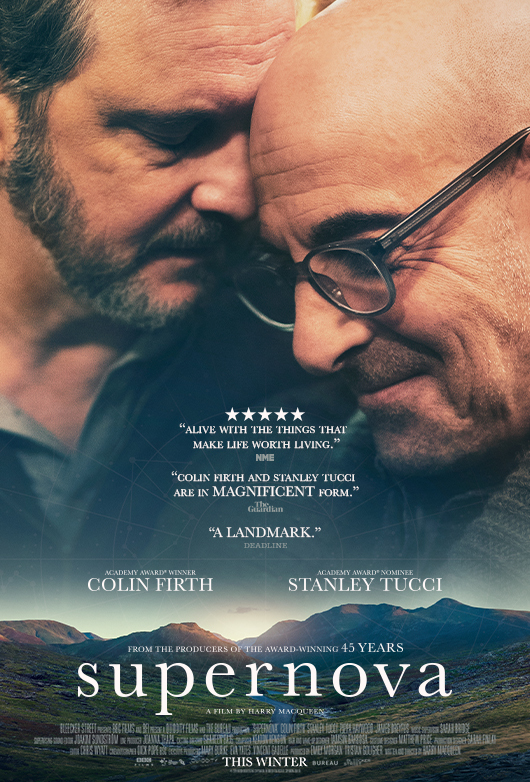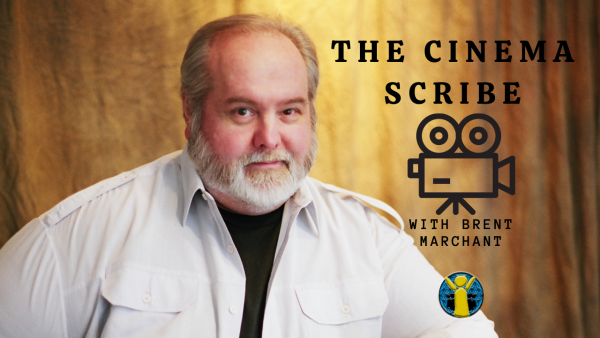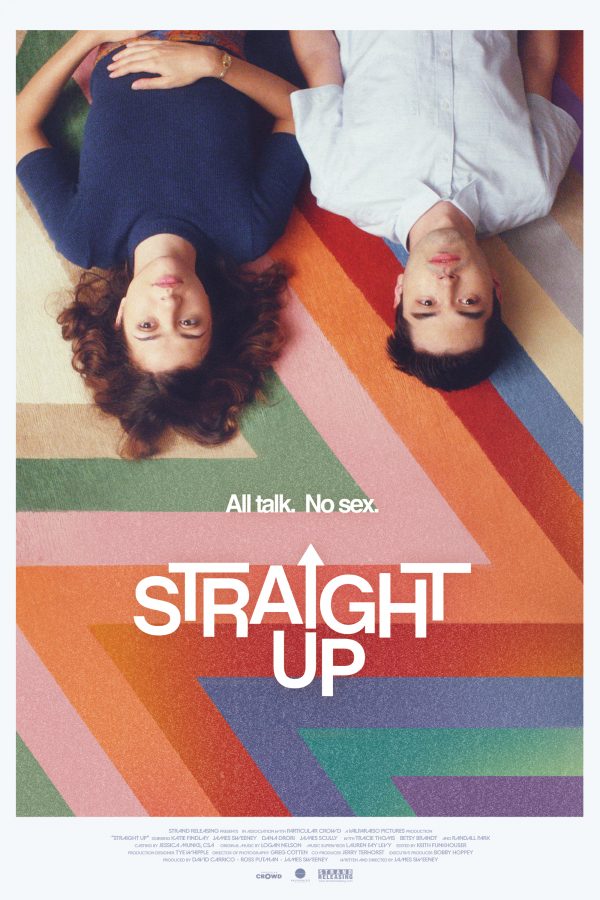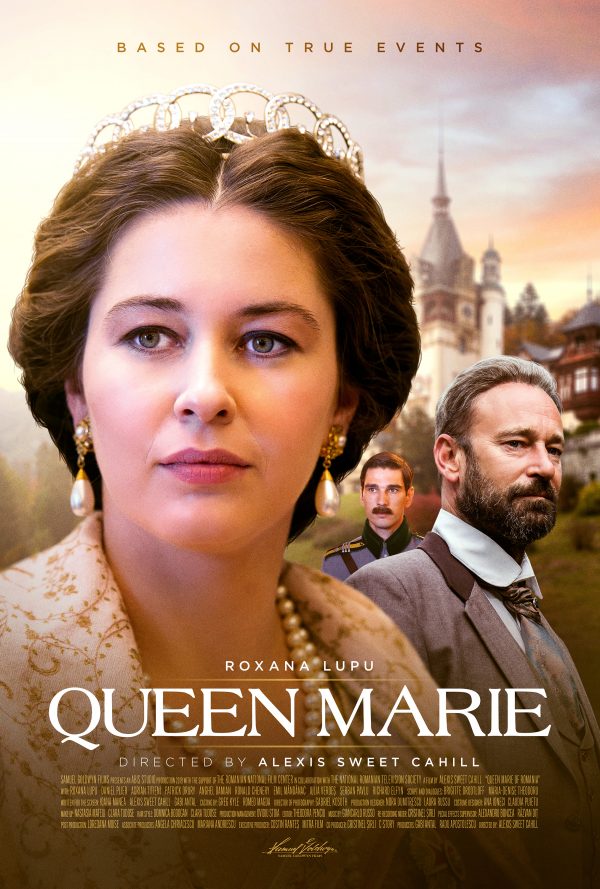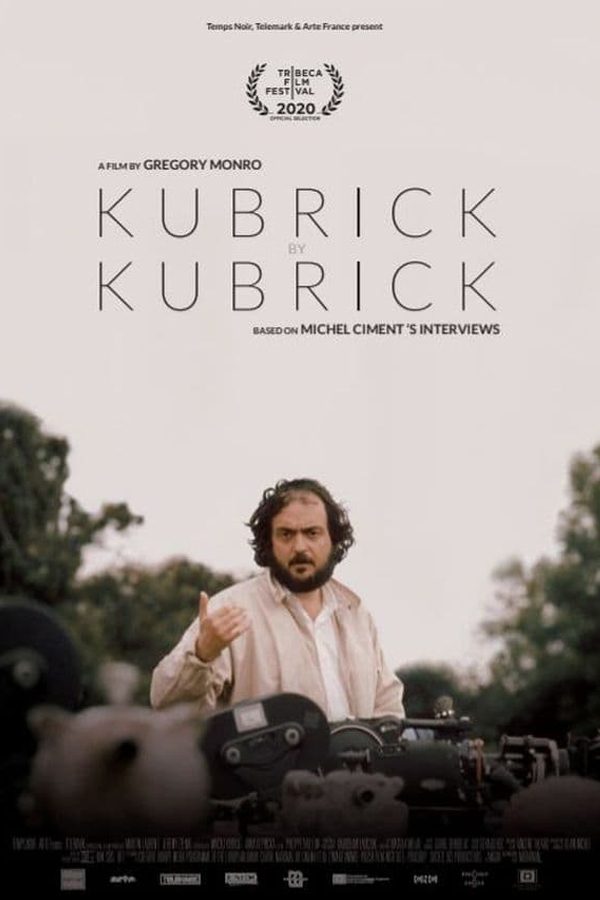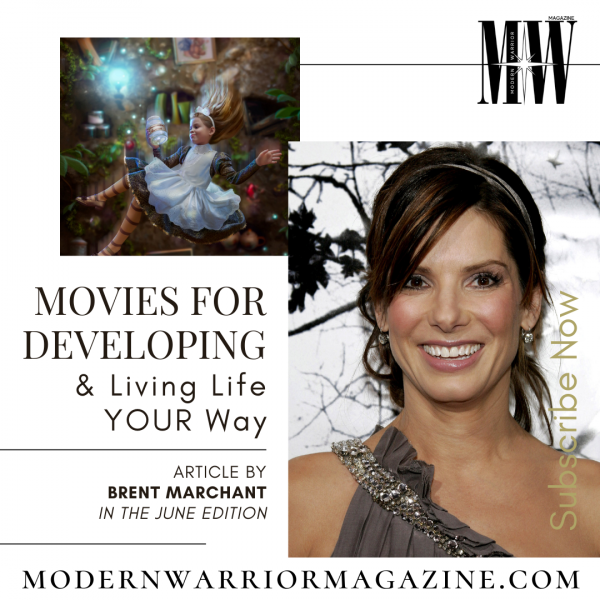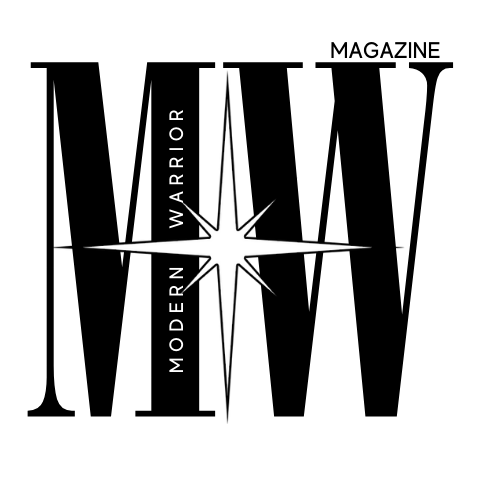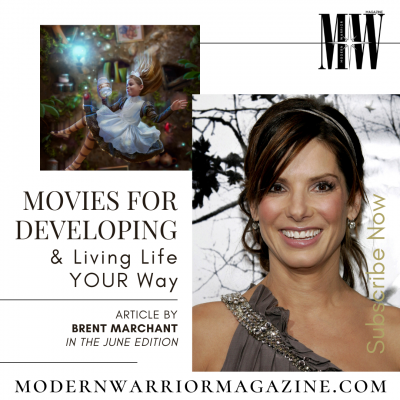
With the 2021 American Film Institute Documentary Film Festival (AFI DOCS) now in the books, it’s time to sum up the 12 offerings that I screened, some of which will be released in theaters, online and on television on the very near future. A number of excellent films are coming out of this festival, and I encourage viewers to catch them when available. Some of these titles will be featured in full reviews in the coming months.
The scoring for these pictures is on a 1-5 scale (5 being must-see, 1 being should-skip). I have adjusted the scores here slightly from those listed on my Quick Cuts page summaries in order to more accurately reflect my views of the films in question (the Quick Cuts scores match how I voted in the festival’s audience ratings, the scoring for which is somewhat more restrictive than what I’ve posted in this blog).
This is the first time I have attended (i.e., streamed) releases from this festival, and I must say that, for the most part, I was indeed favorably impressed. It was a well-run, highly affordable event, and I recommend it highly. My only criticism would be that the length of the festival was a bit short for the number of titles being presented. For those who love documentary films and enjoy binge watching them and their accompanying Q&A sessions (as I do), five days is pushing it for avid cinephiles to fit in everything they might want to see. If a comparable number of films will be presented in the future as were screened this year, I’d like to see the organizers extend the length of the event by several days so viewers can more comfortably fit in everything instead of having to cram them into a tight time frame and hope they get to all the titles on their watchlists.
So, with that said, here’s what I saw and what I thought.
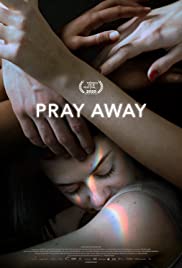
“Pray Away” (5/5)
(USA)
Web site Producers’ Discussion Video Clip
One of the most noble endeavors that documentary filmmaking can pursue is the exposure of reprehensible behavior. So it is in director Kristine Stolakis’s debut feature, a damning indictment of the practice of conversion therapy, a largely Christian-based program created by mostly undereducated “counselors” aimed at “helping” gay individuals renounce their orientation in favor of a “preferred” traditional heterosexual lifestyle. In depicting the psychological damage inflicted on therapy participants by so-called former gays (many of whom later abandoned their own counseling and later resumed their homosexual lifestyles), the director holds little back in shining a bright light on this horrific and unenlightened way of looking at life. Watching this film should rightfully infuriate anyone – gay or straight – for the unspeakable emotional atrocities perpetrated by this movement, which is neither helpful nor effective nor even Christian. The film will premiere as a streaming selection on Netflix in August, and a detailed review will appear in a future blog.

“Summer of Soul (...Or, When the Revolution Could Not Be Televised)” (5/5)
(USA)
During the summer of 1969, at the same time as Woodstock, another event took place in New York City of nearly equal magnitude, the Harlem Cultural Festival, a celebration of Black and Latino music, comedy and culture. And, like Woodstock, it, too, was filmed. Unfortunately, after the festival concluded, it was promptly forgotten, the film was stashed away, not to be seen, due to a lack of interest by distributors and television networks to make it public. Fortunately, that footage, which has been preserved in remarkable condition, has been resurrected, and the festival has been brilliantly brought back to life by this entertaining, educational and moving documentary. In this film, director Ahmir-Khalib “Questlove” Thompson has assembled an extraordinary selection of musical performances by the likes of Stevie Wonder, B.B. King, the Fifth Dimension, Gladys Knight & the Pips, Sly & the Family Stone, David Ruffin, Hugh Masekela, Nina Simone, the Staples Singers and Mahalia Jackson, as well as the comedy of comic Moms Mabley and ventriloquist Willie Tyler & Lester, to name a few. The performances are augmented by commentary from a number of attendees and performers, as well as contributors offering their insights on the festival’s social and cultural impact, including Chris Rock, Jesse Jackson, Al Sharpton, Lin-Manuel Miranda, Sheila E. and Charlayne Hunter-Gault. The film is more than just an entertainment vehicle, though; it’s a time capsule into the period, examining the impact that the summer of 1969 had on Black culture, activism and empowerment. Questlove presents viewers with a tribute to the festival and the times, while simultaneously reawakening us to issues that still deserve attention all these many years later, pointedly reminding us that those who do not learn from history are destined to repeat it – and that we had all better be listening to more than just the music. The film opens in theaters and will begin streaming on Hulu on July 2, and a detailed review will appear in a future blog.

“The Lost Leonardo” (4.5/5)
(UK)
When a missing masterpiece allegedly surfaces, the announcement is generally accompanied by tremendous celebration and supreme doubt. Is it legitimate or phony? That’s the question that was raised when Leonardo da Vinci’s believed-lost Salvatore Mundi (Savior of the World) surfaced in 2005, raising the possibility that a work by one of the world’s masters had been miraculously resurrected. But there was considerable skepticism about the authenticity of the portrait of Jesus. And, once it was believed to be genuine, a firestorm erupted over its future ownership, one that was riddled with shady monetary considerations and even concerns related to its exploitation as geopolitical capital. Such are the dynamics of director Andreas Koefoed’s superb documentary chronicling the events associated with this artistic find, told in the form of a mystery/thriller with intriguing twists and turns, along with an ante that’s continually upped and an auction price that fetched the highest amount ever paid for a work of art. Lovers of fine art and cinematic intrigue will no doubt enjoy this engaging and thoroughly entertaining work, scheduled for release in August. A detailed review will appear in a future blog.
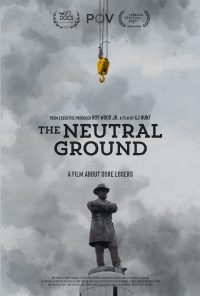
“The Neutral Ground” (4.5/5)
(USA)
Aptly subtitled “A Film About Sore Losers,” this superb debut documentary feature by director C.J. Hunt draws upon a modern-day Battle of New Orleans – one centered on a city council vote approving the contentious removal of four statues glorifying the Confederacy. The move was initiated as a means to set the historical record straight behind what these landmarks actually commemorated, namely, the celebration of a failed social system based on sanctioned slavery, institutional racism and White supremacy. In exposing the false narrative that has kept this myth alive for over a century (sentimentally known as “The Lost Cause”), the filmmaker tells a story that’s both stunningly comic and utterly tragic. Hunt’s skillful tongue-in-cheek questioning and editing techniques effectively blow the lid off the ignorance, cynicism and hypocrisy of those who still believe in the virtues of losers of the Civil War and how their public symbols, such as the statues in question, have perpetuated the values of a system that treated fellow humans as property and inferior beings. As the premiere episode of the upcoming season of the PBS series “POV” on July 5, this excellent offering is a fine choice, both as a work of filmmaking and as an enlightening and educational vehicle that every American should see.
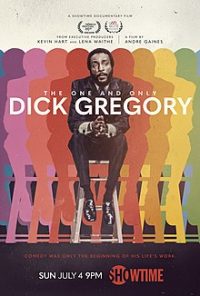
“The One and Only Dick Gregory” (4/5)
(USA)
Comedian/activist/health advocate Dick Gregory (1932-2017) lived quite an amazing life, as depicted in this detailed new biographical documentary. With a wealth of archive footage of Gregory’s standup performances, his civil rights activism and his efforts to promote healthier living, backed by an array of interviews with those who knew him and performers whom he inspired, director Andre Gaines’s debut feature presents an in-depth look at this prescient icon’s storied life. In addition to appearances by Gregory’s wife, children, publicist and biographer, the film also includes insightful conversations with actor/comedians Chris Rock, Dave Chappelle, Kevin Hart, Wanda Sykes, Rob Schneider, Nick Cannon and Harry Belafonte. While the picture provides a thorough treatment of Gregory’s activism, it nevertheless could have placed a little more emphasis on his comedy, given that the clout he built up as a successful entertainer was what made his later, more meaningful work possible. That aside, however, this excellent offering provides viewers with a fitting tribute to a remarkable talent and an impressive human being who brought true meaning to the word – and practice – of integrity. The film premieres on the Showtime cable TV network on July 4.
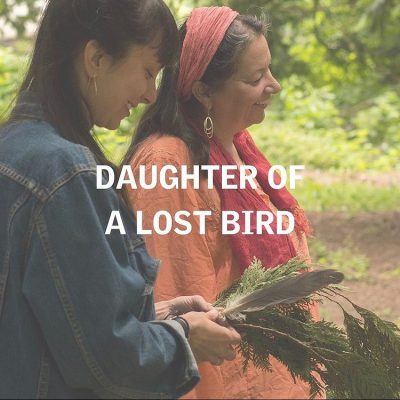
“Daughter of a Lost Bird” (3.5/5)
(USA)
Finding oneself can be a challenging enough process under the best of circumstances. But, for Kendra Mylnechuk Potter, a Native American woman adopted into a White family as part of a program aimed at intentionally obliterating the existence of American Indian culture, that process has been more complicated than usual as she seeks to find her birth family as a means to find herself. At more than seven years in the making, director Brooke Swaney’s highly personal film depicts her subject’s emotional journey to discover her roots and to find a part of herself that has long been missing, an offering that’s both heartbreaking and heartwarming. A must-see for supporters of Native American interests, as well as anyone looking to see who they really are – and to discover what they need to make themselves whole.
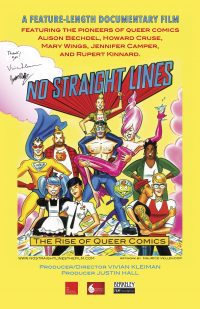
“No Straight Lines: The Rise of Queer Comics” (3.5/5)
(USA)
Though they may have once been considered fringe – even subversive – gay comics have evolved over the years from underground publications sold in head shops and erotic bookstores to respected, albeit provocative, works of art. Director Vivian Kleiman’s excellent new documentary takes a detailed survey look at the history of this genre of comics, some of its notable artists, and the private and public influences that inspired them. What’s most revealing is the diverse range of subjects addressed in these works, from all forms of homoeroticism to gay causes like equal rights and the AIDS crisis to the impact of transcendent social, political and cultural influences on the LGBTQ community. This offering may not be for those outside its core constituency, but comic book fans and members of the gay community are sure to find it entertaining and informative.
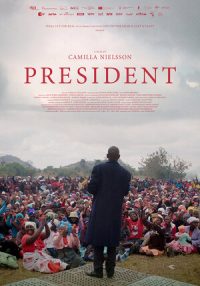
“President” (3.5/5)
(USA/Denmark/Norway/Zimbabwe)
Web site Trailer
This impeccably detailed, though somewhat overlong, chronicle of Zimbabwe’s contentious and violent 2018 presidential election provides an inside look at a systemically corrupt regime willing to do virtually anything to thwart reform and hold on to power, despite public claims to the contrary. Director Camilla Nielsson’s excellent offering exposes a crooked government that grew out of a prior crooked government and has made a practice out of continuing its self-serving ways, policies that have been characterized by empty promises and the exploitation and endangerment of its own people. The film provides an up-close look at the populist campaign of beloved opposition candidate Nelson Chamisa in his attempt to unseat unscrupulous incumbent Emmerson Mnangagwa and the incessant roadblocks put in place by an autocratic ruler who pledges a fair and free election with no evidence (or apparent sincerity) to back up the claim. While the picture sheds light on the ways of what many would consider a third world nation, the issues presented here nevertheless will seem uncannily familiar to those who live in places where such practices are publicly denounced and denied yet allowed to flourish. This release should thus serve as a wake-up call to all of those who profess to champion democracy, even in instances where its presence may be noticeably questionable or lacking.
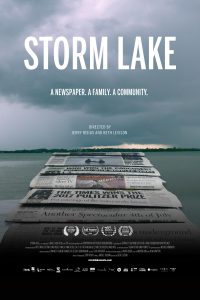
“Storm Lake” (3.5/5)
(USA)
In an age of ever-growing media consolidation and agenda-driven corporate journalism, it’s comforting to see that good old-fashioned reporting is managing to stay alive in small town newspapers like The Storm Lake Times, the subject of this endearing documentary. As publications of this type continue to disappear in droves, the public is losing the kind of personalized local coverage that we all need to stay informed about our communities. But, fortunately, periodicals like this family-owned, Pulitzer Prize-winning, twice-weekly Northwestern Iowa newspaper are sustaining the tradition, despite the deck being heavily stacked against them. Directors Beth Levison and Jerry Risius document the challenges and joys associated with keeping an operation like this alive, as well as the range of big and small stories that the paper covers, from the foible-filled 2020 Iowa caucuses to the COVID outbreak at a nearby meat packing plant to the crowning of grade school pig festival queens and grandma’s favorite recipes. As a former journalist, I must admit to being somewhat partial to material like this, but its heartwarming tone is genuinely engaging, presenting a slice of Americana that may be disappearing but that can still be savored through a cinematic experience like this. This film was the winner of the event’s Audience Award for best feature as voted on by festival attendees.

“Fathom” (2.5/5)
(USA)
As fascinating as its premise is, this documentary about researchers investigating the intricacies of humpback whale song communications fails to follow through on its mission. Director Drew Xanthopoulos’s second feature outing has lofty goals in its exploration of a subject that seeks to mix science, philosophy and even metaphysics, but the picture’s execution is mishandled, causing many of the film’s more engaging aspects to become obscured by excessive (and largely unexplained) tech speak, as well as uninteresting extraneous material that does little more than pad the content. To its credit, this offering is beautifully shot in the ocean wildernesses of Alaska and French Polynesia, backed by an ethereal score, and it truly shines when it delivers its profound conclusions through insightful voiceovers. Unfortunately, there’s too little of what works best and too much of what distracts viewers from the core narrative, and that’s regrettable considering that these wondrous creatures truly deserve better – and so do we. The film is currently screening on AppleTV.
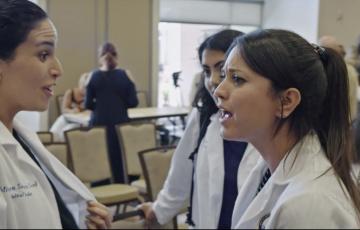
“White Coat Rebels” (2.5/5)
(USA)
Despite an intriguing premise, director Greg Barker’s latest documentary feature about medical professionals and med students seeking to reform the American health care system is a disappointingly unorganized offering in which its many insightful ideas are presented in a somewhat scattershot fashion, preventing them from being suitably developed as the narrative jumps around from topic to topic. Clearly this is a film that seeks to showcase the passionate efforts of committed idealists in exposing the impact that issues like poverty, racism and an uncontrolled profit motive have had in negatively affecting the quality of care that patients receive, not to mention the exorbitant costs involved as well. However, it seems that, just as one of those subjects is being introduced and developed, the thrust of the picture abruptly skips off in another direction, creating a less than coherent storyline. What’s more, due to the documentary’s shooting schedule (which began in 2019), the narrative does something of a left turn with the onset of COVID in 2020, changing the direction even further from how the film began, making for an even greater sense of overall discontinuity. This project is sorely in need of going back to the editing room for retooling to let the ideas raised in this production stand out better so that they receive the unfettered attention they truly deserve.
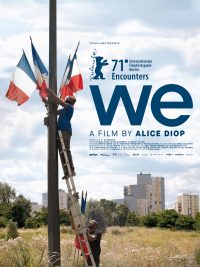
“Nous” (“We”) (1/5)
(France)
There are slices of life, and then there are slices of life. Director Alice Diop’s attempt at capturing one such slice is the stuff of this new documentary that, unfortunately, is little more than contrived exercise in trying to metaphorically translate “Fanfare for the Common Man” into a cinematic experience. This offering seeks to elevate the everyday and ordinary to an exalted level of grandeur, but the subjects the filmmaker chooses are, for the most part, patently mundane and largely uninteresting. The link connecting them (and only marginally at best) is a train line that runs from north to south through the City of Paris. However, there’s precious little tangible connection between the subjects and the glue that supposedly binds them other than a few depot shots and periodic glimpses of train cars whizzing by in the background. The result is a failed, disjointed release that makes one long for when the credits will finally roll.
Copyright © 2021, by Brent Marchant. All rights reserved.

